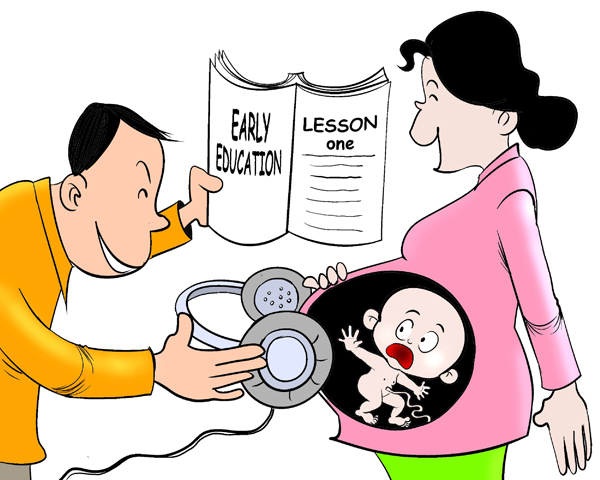Over-education in China
- By Ember Swift
 0 Comment(s)
0 Comment(s) Print
Print E-mail China.org.cn, March 28, 2015
E-mail China.org.cn, March 28, 2015
|
|
|
The early bird catches the worm? [By Jiao Haiyang/China.org.cn] |
A recent Guangzhou Daily report says that the "over-education" rate among Chinese university graduates is as high as 90 percent compared to 51 percent in the United States. This means that Chinese students graduating with a Master's degree or a PhD are too numerous for the job market to absorb.
The result is that these high-level academic credentials have been devalued as they can only gain basic entry positions in the work force.
Years ago, such positions were reserved for those with a mere Bachelor's degree or even those without post-secondary educations. "Starting in the office mailroom and working your way to the top" was the "sweat and tears" method of climbing up the career ladder, particularly at a time when education was minimal or absent.
Education, therefore, was the springboard that a person needed to skip the drudgery and go straight to a respectable desk job midway the ladder.
Those days seem over.
Furthermore, the new generation of over-educated youth has spent so many years in an academic, institutional environment that they emerge with a head full of knowledge but lacking real experience. Even an extremely educated twenty-something cannot handle the day-to-day needs of a specific office assignment without some initial training or time "on the ground" sorting out the demands of a particular industry.
Nevertheless, this is also an inadequate excuse for relegating an entire generation to a long journey up a ladder that has downgraded the value of their education even before they step onto the first rung.
The resulting phenomenon of over-educated graduates has created a clogged job market. Imagine a pipe in which the over-educated gather. Eventually, nothing can pass through. Graduates are forced to change fields, move away, or give up and work in fast food restaurants or KTV nightclubs.






